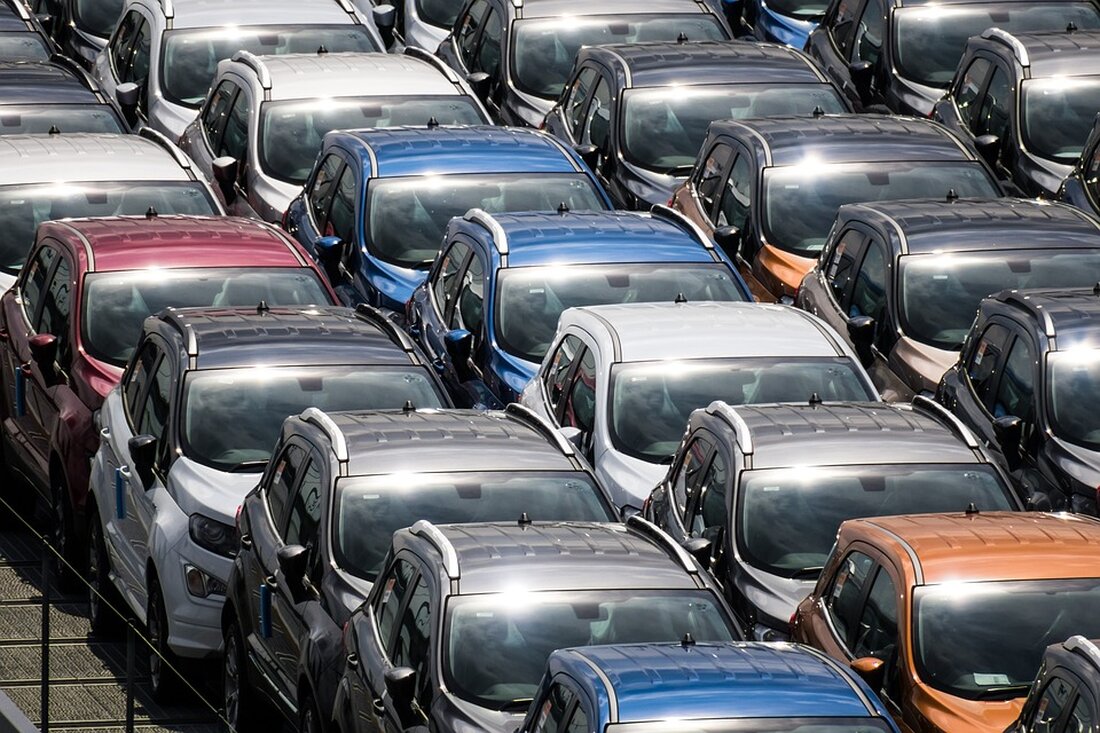Auto industry warns of de -industrialization: Müller demands energy partnerships and reduction in bureaucracy

Auto industry warns of de -industrialization: Müller demands energy partnerships and reduction in bureaucracy
VDA President warns of serious risk for German locations
The President of the Association of the Automotive Industry (VDA), Hildegard Müller, has complained about a serious problem for the production locations in Germany. In an interview with the "Neue Osnabrücker Zeitung" (NOZ), Müller warned against a gradual dein industrialization, should not be found. She emphasized that only one percent of medium -sized companies was able to increase their investments in Germany, which is a clear warning signal.
In order to tackle this problem, the energy must become cheaper, raw materials must be secured and bureaucracy is reduced. Müller criticized the special paths of the EU, such as the supply chain law, and the creation of new bureaucratic hurdles. It asked the German federal government to put more pressure on Brussels to conclude energy partnerships with Africa, the Middle East and Latin America as well as trade agreements. Müller pointed out that the EU is currently negotiating around 50 free trade and other agreements, but with important contracts for the automotive industry, such as with India, Mexico and Mercosur, delays.
The VDA President also expressed concerns in the face of hard international competition. She asked the question of whether working hours or strong wage increases were appropriate during this time. Müller emphasized that the German automotive industry could continue to produce high -quality vehicles, but it is important to create the right framework.
In order to keep the jobs in Germany permanently, it is crucial that politics is taking the right measures, says Hildegard Müller.
| original article
| |
|---|---|
| what happened? | complained location problem in the automotive industry in Germany |
| who was there? | VDA President Hildegard Müller |
| where did it happen? | Osnabrück, Germany |
| When did it happen? | not specified |
| Why is it important? | The preservation of the competitiveness of the German automotive industry and the maintenance of the jobs |
